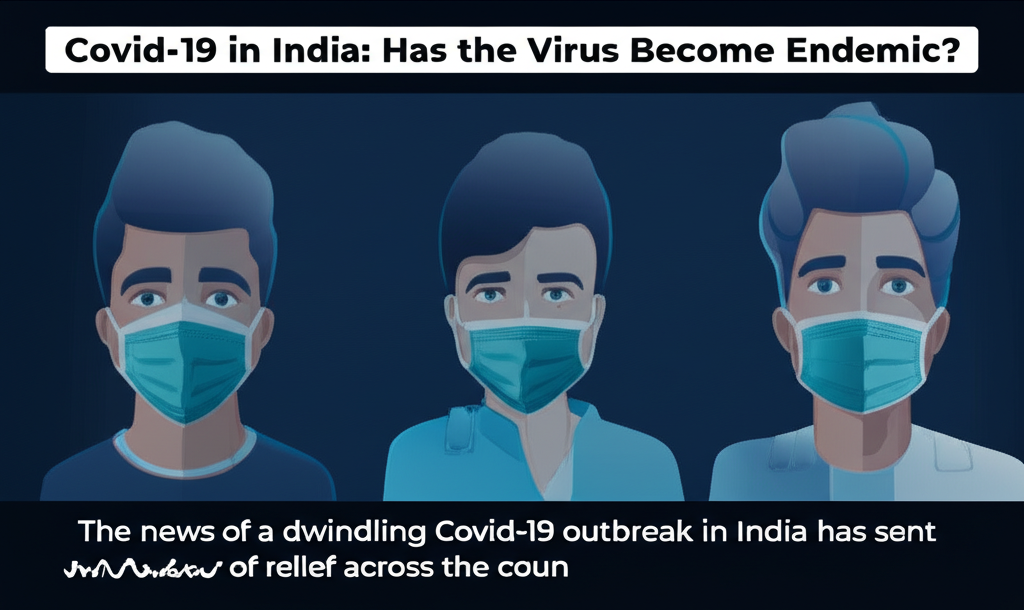
Covid: The Silent Survivor of Modern Times | Covid-19
Cybersecurity in Isolation: A Post-Covid Reality Check

Covid-19 in India: Has the Virus Become Endemic?
The news of a dwindling Covid-19 outbreak in India has sent waves of relief across the country. However, top scientists at the Department of Biotechnology (DBT) are cautioning that while the current situation appears manageable, there’s still much to be monitored.
According to recent data, India’s active caseload has dropped to 5,012 on Sunday, down from 5,976 on Friday, marking a significant decline in new infections. The total fatalities this year now stand at 112, with two new deaths recorded in the last 24 hours. The key factor behind this decline is attributed to high population immunity and the continued mildness of the virus.
The Science Behind India’s Declining Covid-19 Cases
Dr Raman Gangakhedkar, national chair at the Indian Council of Medical Research (ICMR) and former head scientist, attributes the decrease in new infections to the increasing efficiency of transmission. “When transmission efficiency increases, the peak comes faster and the decline is also faster,” he noted. The concern lies in the fact that Covid-19 has become endemic in India, meaning it’s now a persistent part of our environment.

Limitations in Testing and Data
A senior DBT scientist noted that comprehensive data on current infections is limited due to declining testing levels. “Presently, there is no very good record of the number of tests being done, and it needs to be done scientifically,” they emphasized. This lack of data raises questions about the true extent of the outbreak.
What’s Next for Covid-19 in India?
Dr Rajeev Jayadevan, public health expert and past president of the Indian Medical Association (IMA), Cochin, believes that Covid-19 is now behaving like a cyclical disease. “As the level of immunity in the population drops, the virus is able to infect more people and cases will naturally rise,” he said.
However, due to past vaccination and exposure to the virus earlier, immune memory protects against severe disease and death. Jayadevan also pointed out that SARS-CoV-2 continues to evolve in response to the human immune system, leading to recurring infection cycles roughly every 6 to 12 months.
As we navigate this new phase of Covid-19 in India, one question remains: what’s next for our healthcare systems? With cases likely to rise again due to the cyclical nature of the virus, it’s essential that we stay vigilant and maintain precautions. By understanding the current state of the pandemic and its implications, we can work together towards a healthier future.
Stay updated with the latest news on Covid-19 in India and other health-related topics.
